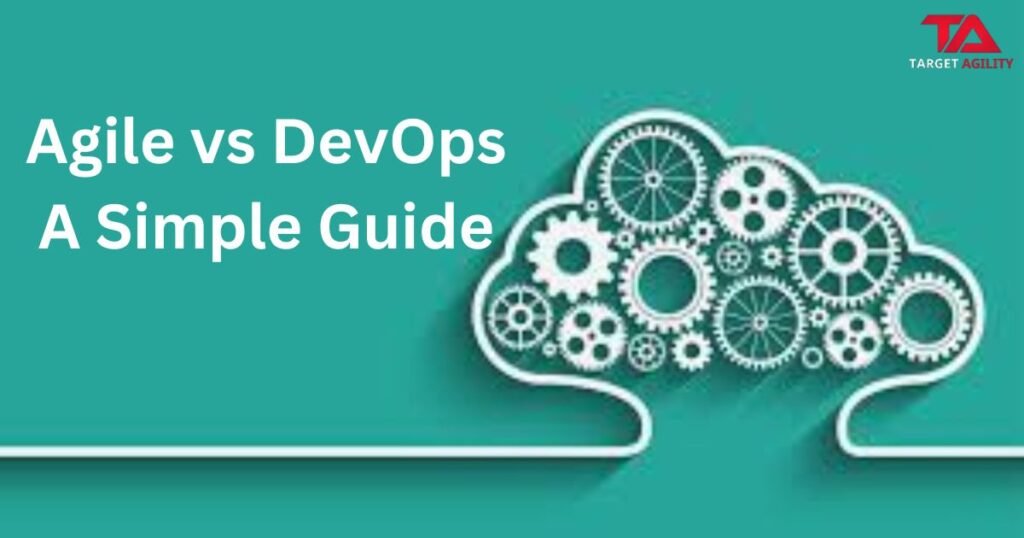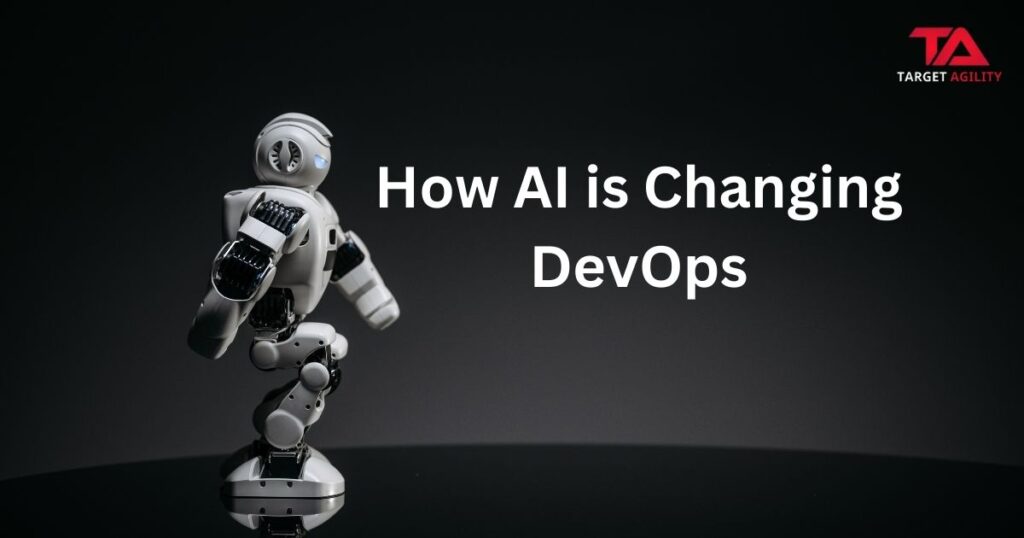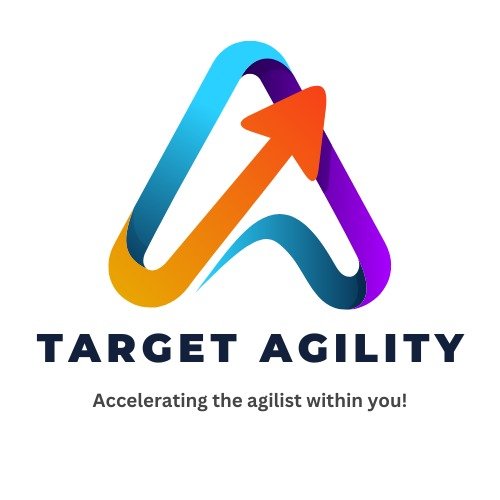Simplifying SAFe® DevOps

In today’s fast-moving world, businesses need to deliver high-quality software quickly. To make this happen, teams must work together better and streamline their processes. SAFe® DevOps provides a clear way to connect development (Dev) and operations (Ops) teams, helping them deliver software faster, more efficiently, and with fewer issues. What is SAFe DevOps? SAFe DevOps is a part of the Scaled Agile Framework® (SAFe), designed to bring development and operations teams together. It focuses on improving teamwork, automating processes, and speeding up how software moves from an idea to a finished product. The goal is to break down barriers between teams and ensure everyone works toward delivering value to customers. Key Features of SAFe DevOps Benefits of SAFe DevOps How to Start with SAFe DevOps Challenges in SAFe DevOps Switching to SAFe DevOps isn’t always easy. Teams might resist change, silos can be hard to break, and automating old systems can be tricky. However, with good leadership, training, and a focus on continuous improvement, these challenges can be overcome. Conclusion SAFe DevOps combines the agility of DevOps with the scalability of SAFe, making it perfect for large organizations. It helps teams work together better, deliver software faster, and respond quickly to customer needs. By adopting SAFe DevOps, businesses can stay competitive and deliver value efficiently in today’s fast-paced world.
Agile vs DevOps

When it comes to creating and delivering software, two popular methods are Agile and DevOps. Both help teams work better and faster, but they do it in different ways. Let’s break down what each one is and how they are different. What is Agile? Agile is a way of working that focuses on being flexible and working together as a team. Instead of trying to build the entire product all at once, Agile teams work in small steps, called sprints, which usually last 1 to 4 weeks. At the end of each sprint, they deliver a small, working part of the product. Agile also involves getting feedback from customers regularly so the team can make improvements as they go. The main idea is to make changes quickly based on what users need. The key values of Agile are: In short, Agile is all about working in small steps, delivering pieces of the product often, and being open to change. What is DevOps? DevOps is a way of working that helps teams build, test, and release software faster and more reliably. It focuses on improving the communication between two groups: the development team (the people who build the software) and the operations team (the people who manage and support the software after it’s built). The main goals of DevOps are: DevOps is about making sure the whole process— from writing code to keeping it running— is smooth and fast. How are Agile and DevOps Different? 1. What They Focus On 2. Who’s Involved 3. Work Process 4. Use of Automation 5. Getting Feedback 6. Company Culture Can Agile and DevOps Work Together? Yes! In fact, they often go hand in hand. Agile helps teams develop software quickly, while DevOps ensures that the software is released and maintained properly. For example, a team might use Agile to manage how they build software and use DevOps to manage how that software is tested, deployed, and run in real life. Together, Agile and DevOps can help teams create software faster and more reliably. Conclusion Agile and DevOps both aim to improve how software is developed and delivered, but they do it in different ways. Agile focuses on the development team, working in short cycles and delivering small updates. DevOps focuses on the whole process, from development to deployment, using automation and better teamwork between developers and operations. When combined, Agile and DevOps can help teams deliver better software faster and more efficiently.
How AI is Changing DevOps: A Simple Guide

Artificial Intelligence (AI) is making big changes in many areas, including software development, where it’s transforming DevOps. DevOps combines development and operations to make software delivery and infrastructure management smoother. AI is helping DevOps teams by making processes smarter, predicting problems, and improving decision-making. Here’s a look at how AI is reshaping DevOps and the future of software development. 1. Boosting Automation Automation is a key part of DevOps, and AI makes it even better. While traditional automation tools follow set rules, AI can learn from data and adapt its actions. For example, AI can automate routine tasks like deploying code, setting up infrastructure, and configuring environments more accurately. By analyzing past data, AI can suggest the best setups and handle complex tasks that were once manual, reducing human error and increasing efficiency. 2. Predicting and Preventing Problems AI’s ability to predict and prevent issues is one of its biggest benefits in DevOps. AI can look at data from system logs, performance metrics, and user feedback to find patterns and spot potential problems before they happen. This allows teams to fix issues before they affect users, reducing downtime and making systems more reliable. 3. Smarter Monitoring and Analytics AI improves monitoring and analytics by giving deeper insights into how systems are performing. Traditional tools can generate a lot of data that’s hard to interpret. AI-powered tools can sift through this data, spot trends, and provide useful insights in real time. For example, AI can identify unusual behavior or performance drops that might be missed by traditional tools and suggest fixes. 4. Faster Incident Management AI helps manage incidents more effectively by quickly identifying and resolving issues. When a problem occurs, AI can analyze the data to find the root cause faster than manual methods. It can also automate the solution process, which speeds up resolution, reduces impact on users, and allows DevOps teams to focus on other important tasks. 5. Better Resource Management AI also improves resource management by optimizing how resources are allocated and scaled. It can analyze usage patterns and predict future needs, adjusting resources in real time based on current demands. This helps ensure that applications have the resources they need while avoiding excess costs and making cloud infrastructure more efficient. 6. Stronger Security Security is crucial in DevOps, and AI enhances it by spotting vulnerabilities and threats more effectively. AI security tools analyze network traffic, user behavior, and system access to detect suspicious activities. By constantly learning about new threats, AI provides better security measures and helps DevOps teams respond quickly to potential dangers. Conclusion AI is transforming DevOps by improving automation, predicting and preventing problems, enhancing monitoring, optimizing resources, and boosting security. As AI technology advances, it will continue to drive improvements in efficiency and performance in DevOps. By using AI, DevOps teams can streamline their work, reduce risks, and deliver software faster, leading to a more agile and effective development process. AI is a key player in the future of DevOps, making it smarter and more efficient.

